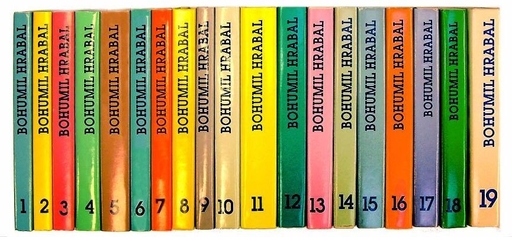
Term originating in Bohumil Hrabal’s works. It denotes a person who likes to embellish reality, a day-dreamer who lives half in an imaginary and half in the real world.
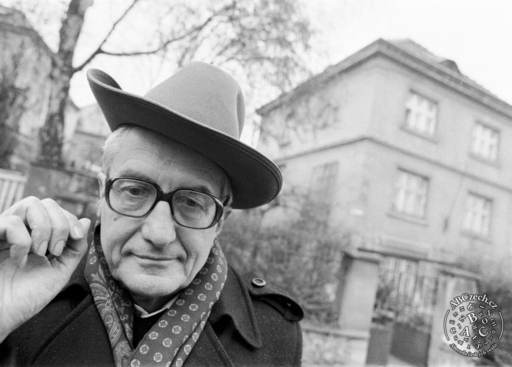
Prose writer whose works are mostly set in the industrial region of northern Bohemia. The quality of his works is very diverse: from social satire to schematic regime works and fantasy.
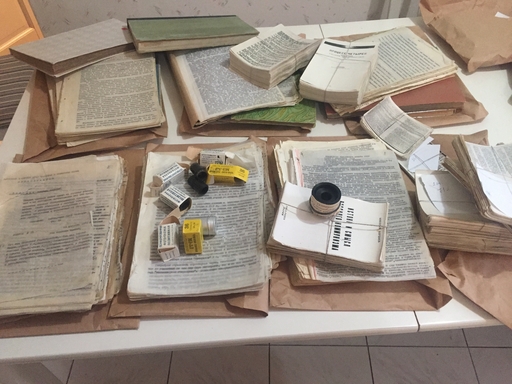
Independent literature that appeared in Czechoslovakia shortly after the communist coup in February 1948 (underground, surrealists) and became especially widespread during the period of normalisation in the 1970s and 1980s. It was a part of independent culture and an expression of independent and free thinking.

Poet, writer, journalist, translator, winner of the Nobel Prize in Literature (1984) and a leading representative of Czech avant-garde. He was one of the founders of Poetism. He had a complicated relationship with the communist regime. He was one of the signatories of Charter 77.
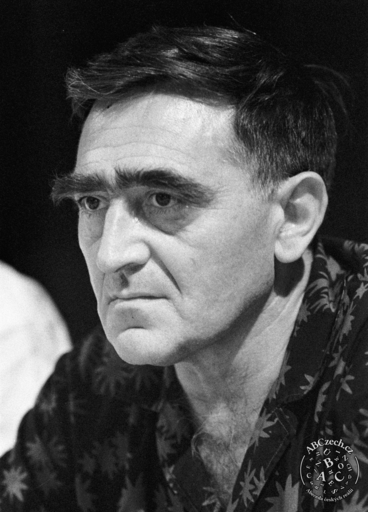
Poet, prose writer and author of children’s poetry who wrote about moral questions of human existence, Moravia and coexistence of man and nature.
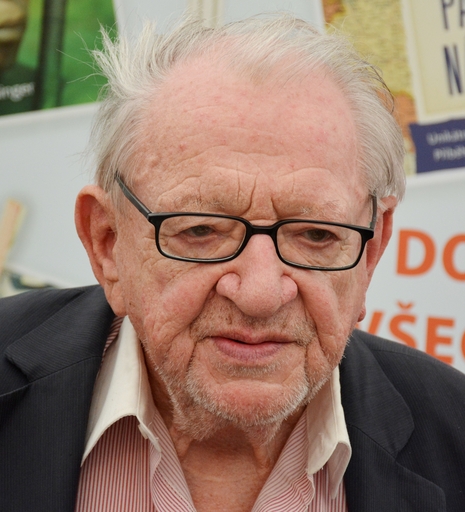
Czech explorer, adventurer, ethnographer, writer and documentarist, the honorary chief of the Kickapoo tribe.
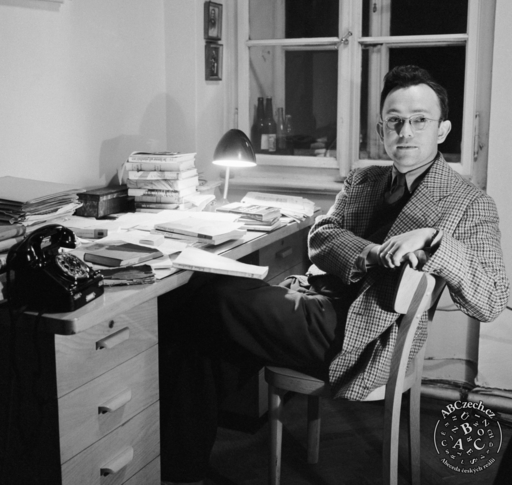
Writer, screenwriter, essayist and publisher who founded with his wife the famous exile publishing company Sixty-Eight Publishers in Toronto. As a writer, he became famous primarily for his novel The Cowards (Zbabělci), banned by censorship soon after its release.

Marxist-Leninist journalist and literary critic, one of the leading representatives of the socialist-realist concept of literature and Stalinist (Zhdanov’s) view of art. After the 1948 Czechoslovak coup d'état, he was a member of the National Assembly of the Czechoslovak Socialist Republic and Prime Minister of Czechoslovakia.
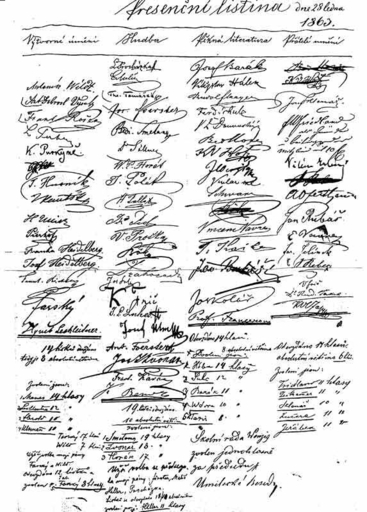
The first Czech art society, in which writers, fine artists and musicians could meet from the 1860s.

Prose writer, poet and screenwriter, who became known for his psychological novels about power and its abuse, but ended his career as the author of the best known 1950s Czechoslovak socialist realist novels.

Prose writer and journalist, author of the manifesto Two Thousand Words and the founder of the important samizdat edition Petlice. His prose works are strongly autobiographic in character.

Prose writer, journalist and translator whose works focus primarily on the relationship between individual and totalitarian power, especially during the Second World War.
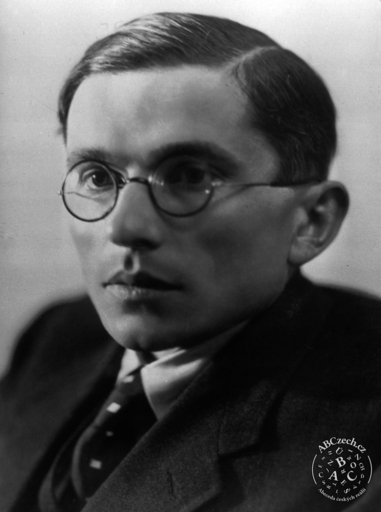
Czech poet, translator and writer, leading representative of spiritual poetry of the 1930s and the most prominent representative of Czech Catholic poetry.
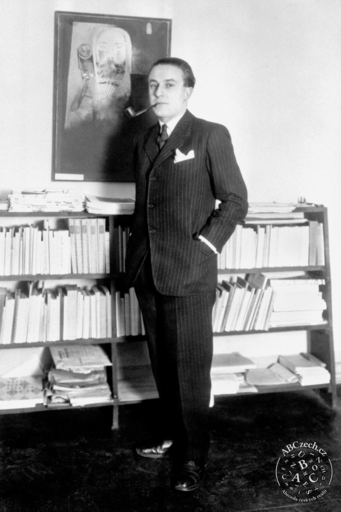
Poet, translator, editor and journalist influenced by the 1920s Avant-Garde. The main themes in his works are existential predicaments and a tragic view of life.

Czech explorer, writer, journalist, photographer and documentary filmmaker. Together with Jiří Hanzelka, he went on several expeditions on practically all continents.
2016-2020 ABCzech.cz - © Filozofická fakulta Univerzity Karlovy
Content from this website may be used without permission only for personal and non-commercial purposes and with the source cited. Any other use is allowed only with the authors' consent.
This web application Sonic.cgi meets GDPR requirements. Current information can be found here.